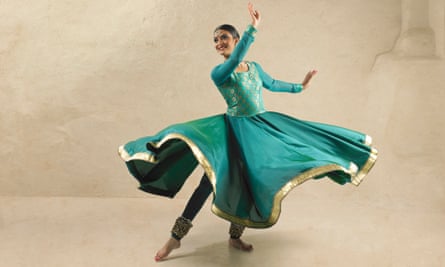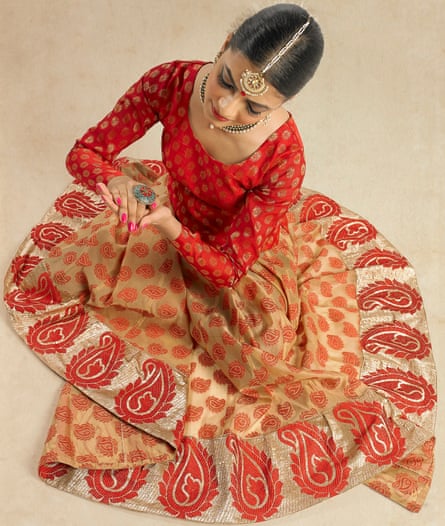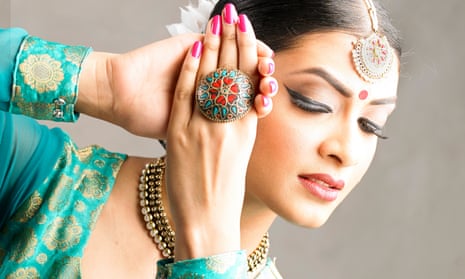Reaching the final of the BBC Young Dancer competition last year opened a lot of doors for me, especially as a young south Asian artist. It was a massive help in letting people see what I could do. I performed at Latitude with Sadler’s Wells, and at Wembley stadium for the Indian prime minister Narendra Modi’s visit in November.
Richard Alston invited me to be in his new work. An Italian in Madrid is influenced by the life of the Italian composer Domenico Scarlatti, who moved to Spain and created more than 150 sonatas for Princess Maria Bárbara. His work became very much influenced by Spanish music and guitar. The music is absolutely beautiful, and Richard’s piece is about the mixing of cultures. For me, it’s also about how I am being influenced by contemporary dance.
I usually travel down from Birmingham three or four times a week to train with my teacher, Sujata Banerjee, in London. During rehearsals I’m staying at her house. I get up bright and early, and have been trying to meditate, which I find difficult – but I want not to have a chaotic mind going into rehearsals.
At the Place, the day starts with a full company class, either ballet or contemporary. Richard’s choreography is very much based in music – although his dancers’ style is so different, our musicality is similar. The main aspect of kathak is the footwork – the feet are almost a musical instrument, displaying the rhythmic cycles played by the tabla drums. There’s a nice balance between grace and rhythm.

Richard and the dancers have been so welcoming – there’s a real exchange of ideas. Their legs are often extended, whereas in kathak we never raise our legs; we turn on the heel, but ballet turns are on the ball of the foot. It’s challenging but actually very liberating.
In the evenings, I still have class with my teacher. I practise by myself, but you always need that outside eye. In Indian classical dance, there are endless cycles of rhythms and compositions – you need your teacher to unlock the next thing for you.
South Asian dance is in a good place in the UK. I started doing bharatanatyam in Birmingham at a young age: my mum is from India and my dad from Uganda, and they wanted us to keep in touch with our roots. When I was four or five, a teacher came from India to teach kathak, the north Indian dance. I took a break, but when I was 10 I took it up again and stuck with it. I was especially inspired by seeing other dancers’ arangetrams: debut performances, where a student will hire a theatre. I saw the dancer and choreographer Aakash Odedra’s arangetram.
I knew I wanted to dance professionally: I had a place at university, but wasn’t really feeling it. I decided to take a gap year, but then saw an ad for BBC Young Dancer and sent in my video. It was important that it had a category for south Asian dance, so that people could get to see it. It was also great to make contact with all those other artists. Connor Scott, who won the competition, and I now want to do a duet together.

The competition has been a blessing. I couldn’t have been able to do what I have in such a short space of time – it would have taken so many years to establish myself. Last year was amazing – but my mantra is to make this year even better.
- An Italian in Madrid is at Sadler’s Wells, London, on 29 and 30 March. Vidya Patel also dances in Sampled at Sadler’s Wells on 29 and 30 January.

Comments (…)
Sign in or create your Guardian account to join the discussion